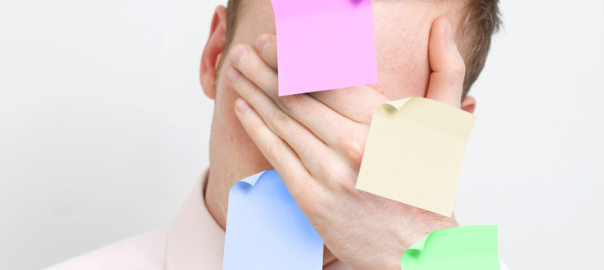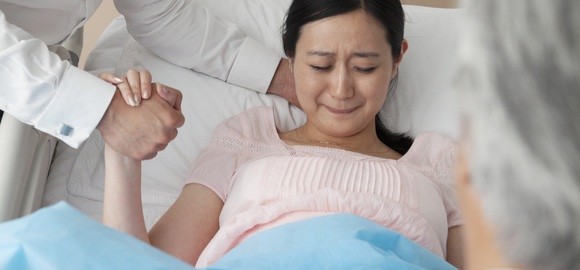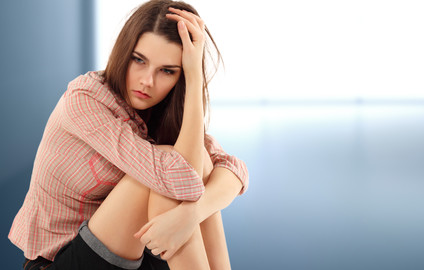The use of acupuncture for anxiety is nothing new, but researchers are now discovering that this ancient art might be more effective than first thought in the treatment of mood disorders.
Why Anxiety is Difficult to Treat
Anxiety has always been a difficult condition to treat because of how many variations of it you can find. For example, some people only experience anxiety occasionally, under certain circumstances or caused by very specific triggers. Others live stressful lives and deal with anxiety on an almost daily basis. This is in addition to specific anxiety disorders such as social anxiety disorder, general anxiety disorder (GAD), post-traumatic stress disorder (PTSD) and more.
Symptoms of Anxiety
Also, anxiety doesn’t present with the same symptoms for everyone. Some cases of anxiety are mild, causing just general discomfort, while others might lead to:
- irregular heartbeat
- restlessness
- fear
- negative thoughts
It’s also possible for people to also develop anxiety in conjunction with other mood disorders, such as depression.
While treating anxiety effectively presents many challenges to doctors, the use of acupuncture for anxiety might offer some general relief as an add-on treatment or when other forms of treatment have failed.
Studies and Research
Many studies have been conducted in the use of acupuncture for anxiety. One of the most recent ones, published in the Journal of Endocrinology in 2013, found that acupuncture decreased the release of stress hormone in the brain, helping fight chronic anxiety and stress. A study review, published in the CNSNeuroscience and Therapeutics journal, examined a number of research therapies and studies, and found that acupuncture can be just as effective as cognitive-behavioral therapy (CBT) in the treatment of anxiety. This is an important conclusion, as CBT has long been considered one of the most effective non-drug treatments for chronic anxiety.
The Final Word
Acupuncture also relieves the symptoms of two other disorders connected to anxiety: depression and chronic stress. Because all three issues are closely connected, an acupuncturist might decide to address all of them during your sessions, hoping the relief of one of them will positively affect the others. One thing to keep in mind when using acupuncture for anxiety is that not every acupuncturist will necessarily target the same points. In addition, different people might require different forms of anxiety treatment depending on the root of the problem. It’s the job of the acupuncturist to figure out the underlying issues (from the perspective of Traditional Chinese Medicine) so that he or she can administer the most appropriate treatment.
Whatever the reason behind your anxiety, using different treatment strategies, including possibly acupuncture, is more likely to help than using a single strategy, or not seeking help at all.






